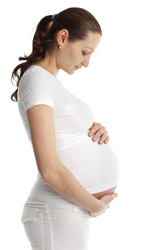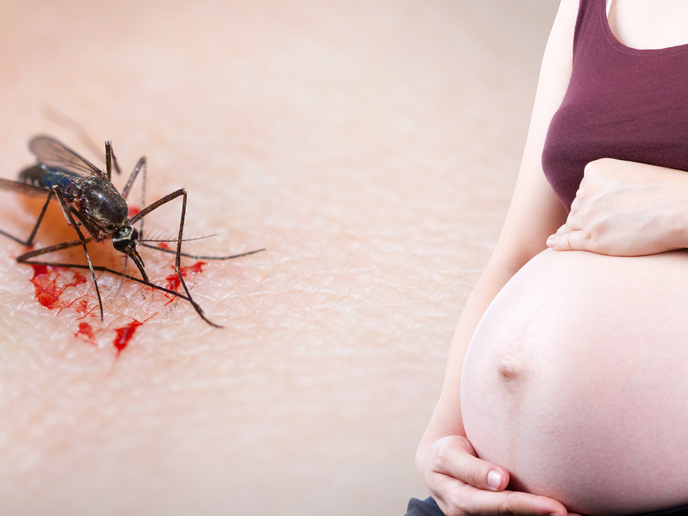Maternal environment and embryo development
In humans, the foetal environment can affect the intelligence and propensity to obesity of children. Similarly in nature, conditions such as the maternal food availability can affect the size of juvenile stages in many animals, which is a critical trait for capturing food and escaping from predators. Changes in such traits can have important consequences for natural populations. The EU-funded MATE project was designed to study the effect of habitat conditions on traits, survival and growth of larval stages. The project focused on a key marine invertebrate, the shore crab Carcinus maenas, a predatory species native to the European coast. Crab females carrying embryos and larvae experience variations in conditions of temperature and salinity that characterise the coastal zones. To study how variations in these environmental conditions as experienced by embryos affected the performance of larval stages, the project utilised molecular biology and biochemistry methods. The plan was to evaluate the effect of temperature and salinity on crab development, on its biochemistry and on the expression of genes involved in adaptive responses to environmental stress. Results showed that depending on the season, the levels of salinity and the presence of a parasite significantly influenced larvae survival. Although the body mass of the developing larvae remained unaffected, salinity conditions triggered the expression of genes linked with response adaptation. The MATE study clearly demonstrated the importance of the habitat quality of the marine crab embryo for subsequent performance of its larval stage. These findings have important ramifications for marine ecology and raise the alarm about the effect of climate changes on species population dynamics.







